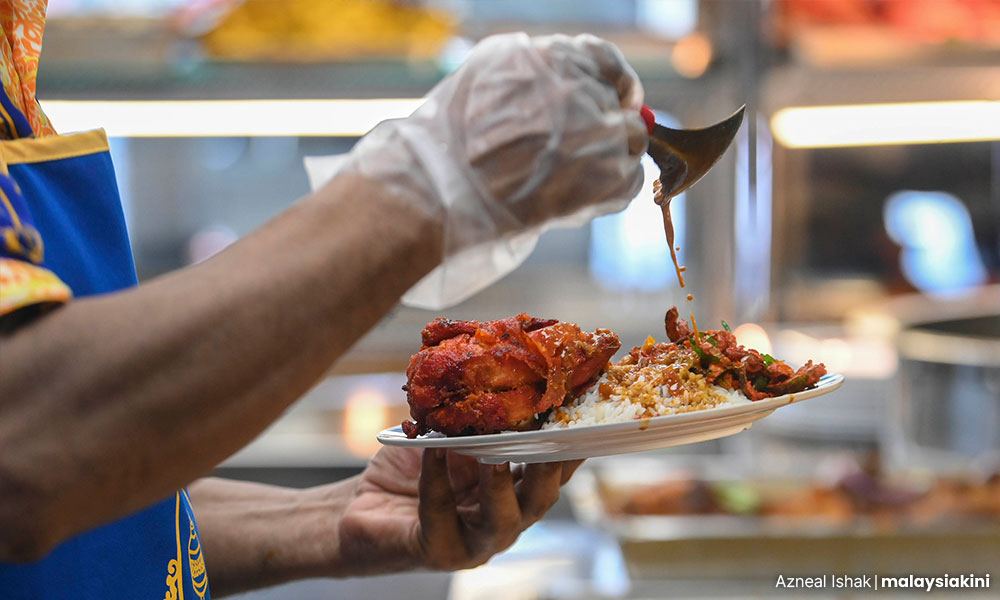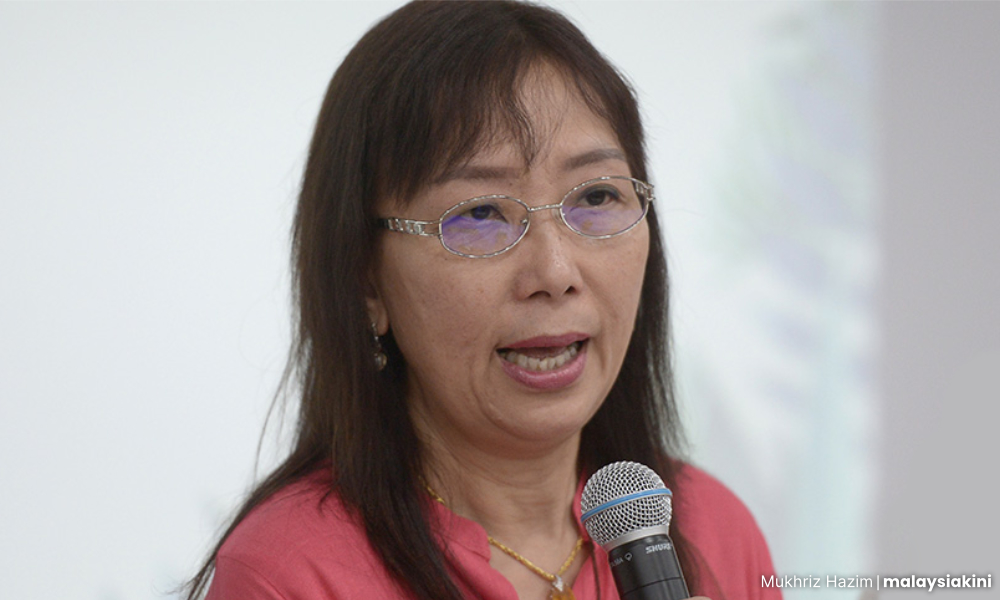MP SPEAKS | The recent push to mandate halal certification for all restaurants, including those that do not serve pork or alcohol, presents a troubling development in a multiracial society.
This policy, though aimed at standardizing food safety and catering to Muslim dietary laws, carries significant risks that could undermine both business viability and cultural diversity.
Enforcing halal certification across all eateries imposes an undue financial burden on businesses. The certification process involves rigorous audits and compliance checks, which translate into substantial costs.
For smaller and independent establishments, these expenses can be prohibitive, potentially leading to higher menu prices or even the closure of businesses. This economic strain is both unfair and unsustainable, particularly for those establishments that are already struggling to stay afloat.
Mandating halal certification indiscriminately impacts all dining establishments, regardless of their target market. This approach ignores the preferences and dietary practices of non-Muslim consumers who may find their choices restricted.
The imposition of a uniform standard for all restaurants could alienate patrons who do not follow halal dietary laws, diminishing the diversity and inclusivity of the food scene.
Threat to cultural diversity
In a multiracial society, food diversity is a reflection of cultural richness. Forcing all eateries to adhere to halal procedures risks marginalising various culinary traditions and practices.
Such a policy could be perceived as an overreach, stifling the variety of food available and potentially sowing discord among different cultural groups.

The diversity of food options is integral to social harmony and cultural expression, and any attempt to homogenise these choices undermines this essential aspect of multiculturalism.
Implementing a mandatory halal certification policy across all establishments would be an administrative nightmare. The logistics of ensuring compliance, particularly in restaurants unfamiliar with halal practices, would strain regulatory resources and lead to inconsistent enforcement.
The bureaucratic burden of managing and overseeing this certification process could overwhelm regulatory bodies, resulting in inefficiencies and potential enforcement failures.
Pragmatism, please
Rather than imposing a one-size-fits-all mandate, a more pragmatic approach is needed. Voluntary certification incentives or a tiered system that considers the nature of each establishment and its clientele would be far more effective.
This would allow for the adoption of halal standards where appropriate without undermining the diversity and economic viability of the broader dining industry.
In conclusion, while the intention behind mandatory halal certification may be to enhance food safety and inclusivity, the potential drawbacks far outweigh the benefits.
It is imperative to consider the broader implications of such policies on business viability, consumer choice, and cultural diversity.
Engaging in a thoughtful and inclusive dialogue with all stakeholders will be essential to crafting policies that respect and accommodate the multifaceted nature of a multiracial society.

Supporting Teresa Kok in opposing mandatory halal certification for all restaurants is crucial for safeguarding both business interests and cultural diversity.
Her stance against such a sweeping policy reflects a commitment to protecting the economic viability of small and independent eateries, which would face significant financial strain from the added costs of certification.
By advocating for a more nuanced approach, she emphasises the importance of allowing restaurants to choose certification based on their customer base, rather than imposing a one-size-fits-all mandate that could lead to increased prices and reduced food variety.
Furthermore, her opposition highlights the need to preserve the rich tapestry of cultural diversity in the nation’s dining scene. Mandating halal certification universally risks marginalising non-Muslim dietary preferences and could lead to a homogenisation of food choices, undermining the multicultural fabric that characterises the nation.
My position, which supports her statement, is to strike a balanced approach that respects both religious practices and the diverse culinary traditions of all communities, ensuring that policies enhance inclusivity without compromising the vibrancy of the nation’s food culture.
GANABATIRAU VERAMAN is Klang MP.
The views expressed here are those of the author/contributor and do not necessarily represent the views of Malaysiakini.


